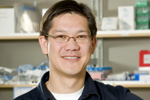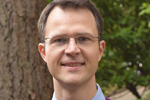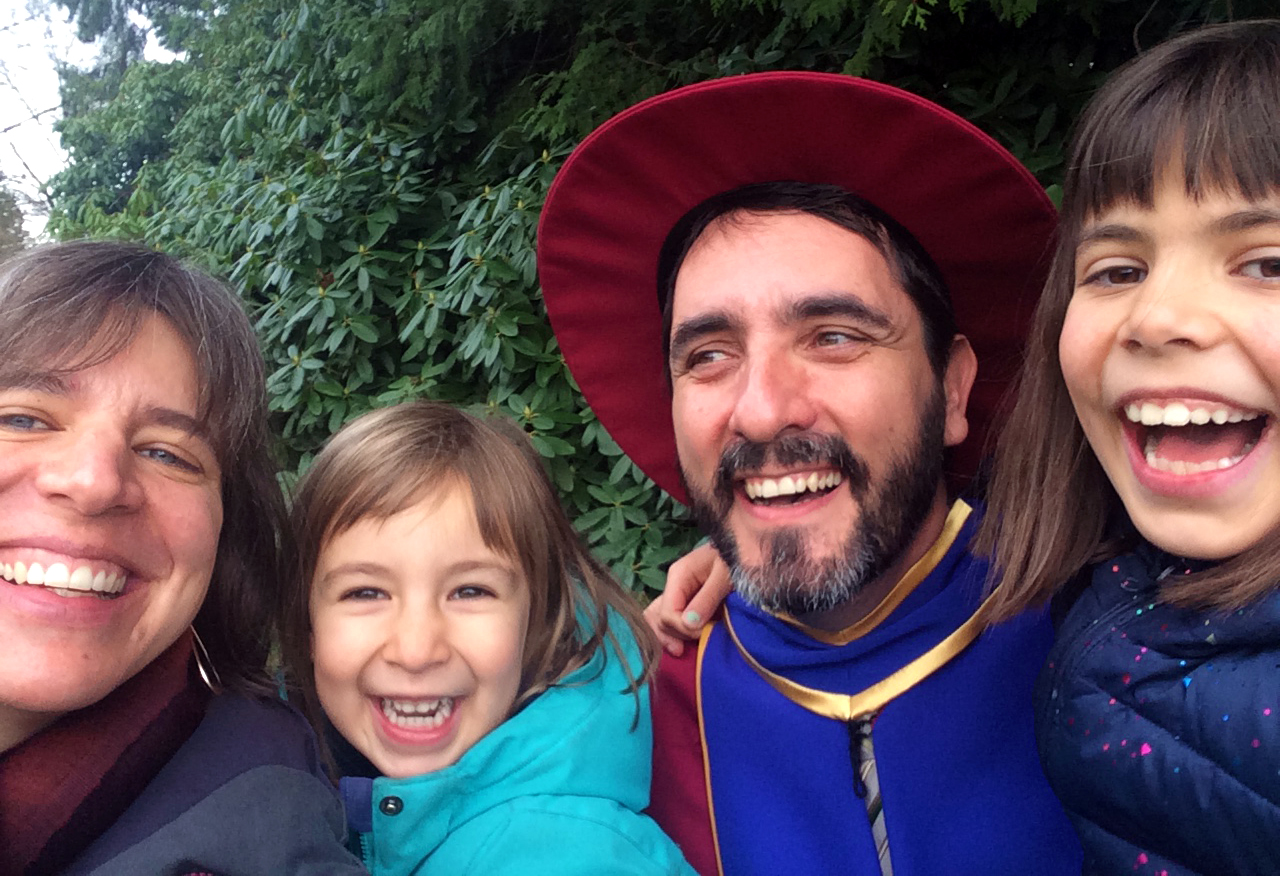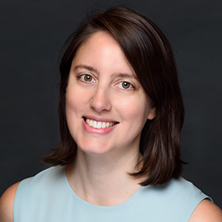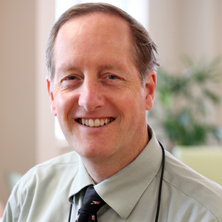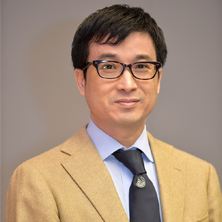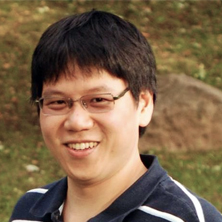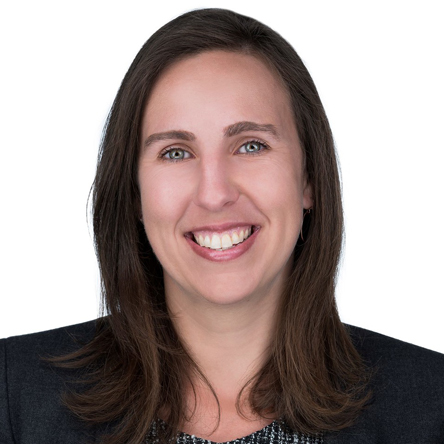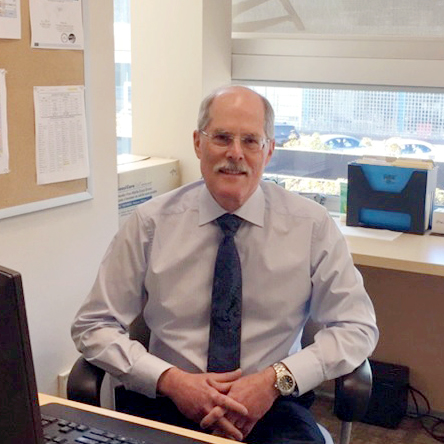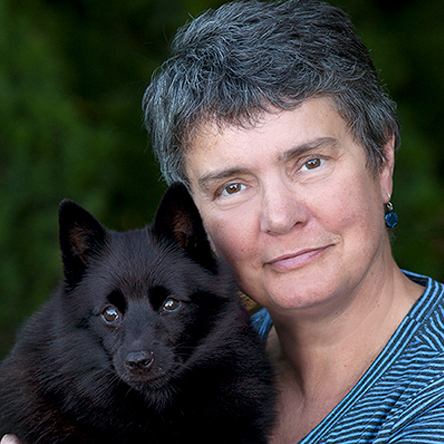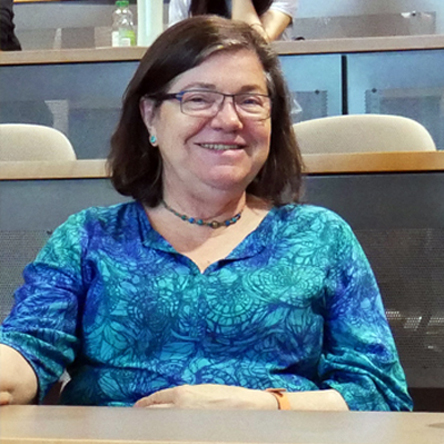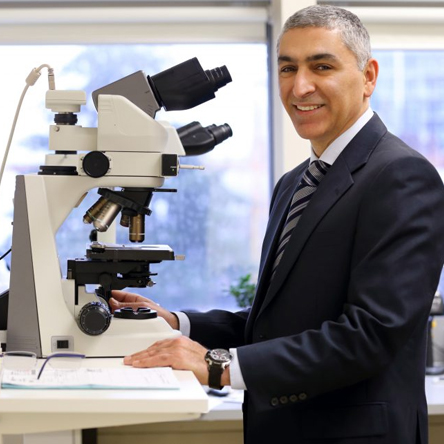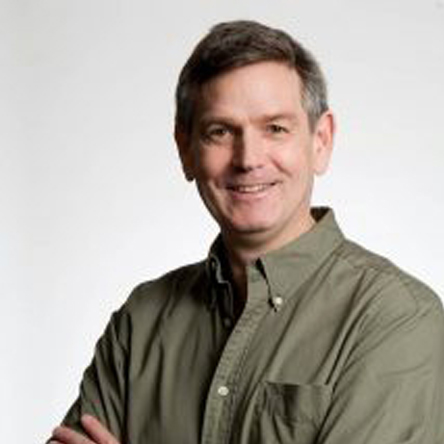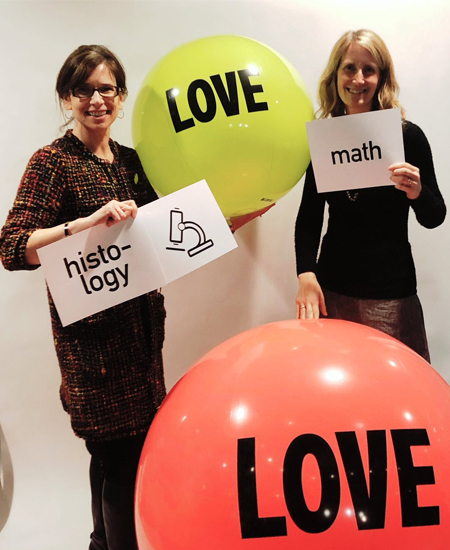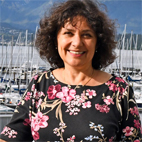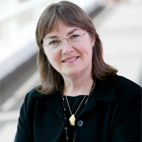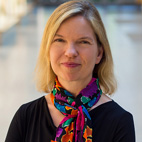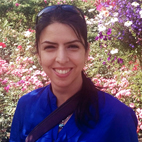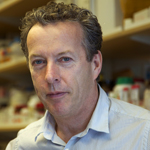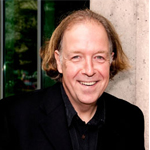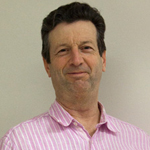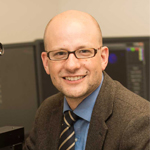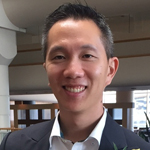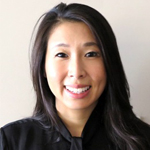Recently
Published Papers
Dr. Andrew P Weng; Dr. Vincenzo Giambra (FA) Cell Stem Cell Paper "Epigenetic Restoration of Fetal-like IGF1 Signaling Inhibits Leukemia Stem Cell Activity"
Dr. Aly Karsan :Nature Communications Paper "miRNA haploinsufficiency activates TGFβ in myelodysplastic syndromes"
My
Story
Getting to Know Veronica Hirsh-Reinshagen
I was born and raised in Santiago, Chile, in a family of German descent. One of the most salient memories of my childhood is how we celebrated Christmas, complete with cookie baking and real candles on a real pine tree in the middle of summer with a scorching heat of up to 30 C. Christmas is indeed a custom of the Northern hemisphere. Growing up I also had a strong connection to the Pacific Ocean with its powerful waves and wonderful seafood bathing the long Chilean coastline. So much so, that when time came to apply to University I seriously considered as one of my options to apply to biology with the intention of becoming a marine biologist. Luckily, I had enough insight to realize that my low resistance to the cold would make me a rather miserable one.
So, I finally chose to apply to medicine, although unlike most of my classmates, I did so with the serious intention of dedicating a significant amount of time to research as part of my practice. Not surprisingly, the medical school curriculum was heavily weighted towards clinical medicine with few opportunities to engage in more basic research. Because of this lack of exposure, I decided to pursue a graduate degree in basic science research. After many emails to several faculty members within the UBC Faculty of Medicine, Cheryl Wellington decided to take a chance and “import me”. I was so very excited to have been given such a great opportunity and at the same time I was scared to leave what had been my home to venture into a foreign country with a foreign language and culture.
My PhD studies, which centered around lipid metabolism in a mouse model of Alzheimer Disease, were some of the most rewarding professional years I have had and Cheryl has continued to be an invaluable mentor and steadfast supporter of my career, even long after my leaving her lab.
After finishing my PhD the plan was to go back to Chile to complete a residency in anatomical pathology. As destiny would want it, a few months before leaving I met my now common-law husband (himself recently imported from Barcelona at that time) and we decided to stay in Canada, which we now consider home. After the long and daunting process of validating my medical degree I matched to my top residency choice: Neuropathology at UBC.
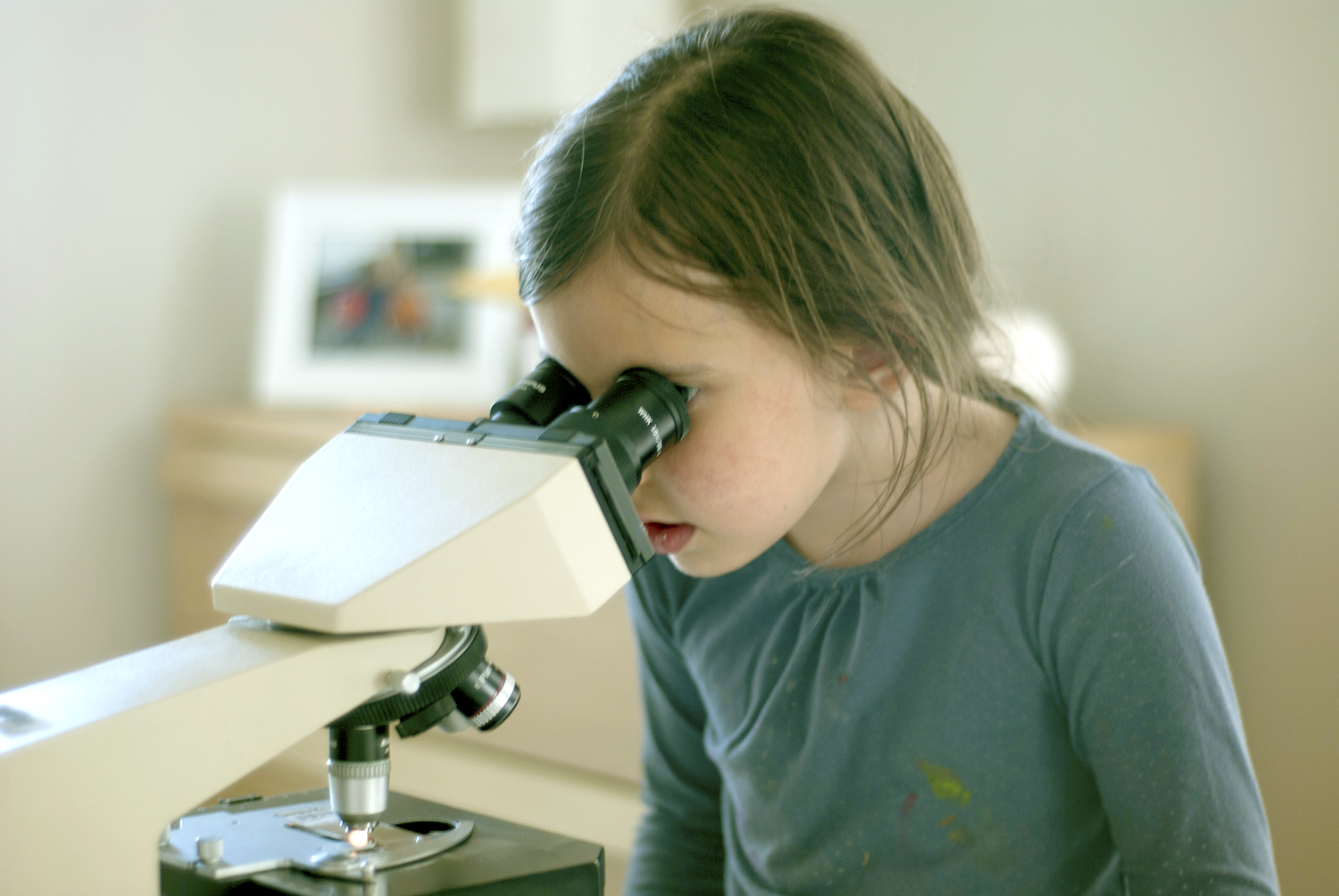
I had two daughters during this time and I added two years of research under the supervision of Dr. I. Mackenzie through the UBC Clinician Investigator program, which made my residency longer than usual. I am now a junior neuropathologist at VGH and I am slowly launching my own line of research in neuropsychiatric diseases, and if someone would have told me that my office would be down the hall from the resident’s room on my first day at VGH, I would not have believed them.
JUST FOR FUN...
What inspired you to pursue science?
Thinking in a ‘sciency way’ is an innate trade of mine. I cannot conceive my life without intriguing questions needing answers or complex puzzles to solve.What do you like most about your job?
Looking down the microscope and realizing that on the slide there is an entire universe to be discovered.What’s the most surprising thing you’ve discovered about being a pathologist?
That life is fleeting and that a life well-lived is the most important thing to strive for.What does a typical day look like for you and what are you currently working on?
I get into the office and look at slides that relate to diseases of the central nervous system (brain tumors, neurodegenerative conditions, muscle biopsies, etc.). I often also find myself looking for past medical records or journal articles trying to find clues to explain the histological changes I am seeing.If you could switch jobs with someone, who would it be?
Tough one. If I can’t choose another neuropathologists’ position, then I would probably switch with a basic scientist in the neurosciences field.What are your biggest professional challenges?
Developing my basic science career while being a competent clinical neuropathologist without neglecting my still young family.If you could choose anyone, who would you pick as your mentor and why?
I would choose a strong, smart and highly respected woman who is/was able to balance a successful career with a seemingly happy family. Michelle Obama comes to mind, but I’m sure there are many others.What is your motto or personal mantra?
It’s a very Chilean expression passionately vociferated by soccer fans to their losing team players 10 minutes before the end of the game: ‘Vamos que se puede!’ which roughly translates to ‘Come on, it can be done!!’ (Usually it can’t, but that is not the point, it is the unwavering hope that counts).What’s the most recent app you’ve downloaded but are yet to use?
Evernote. My husband thought it would be a good idea to have it for sharing notes, but Google calendar, email and dinnertime discussions (interrupted by the girls of course) is all we apparently need.What is your guilty pleasure?
Watching television crime series from the 80’s and early 90’s.Congratulations
on your retirement
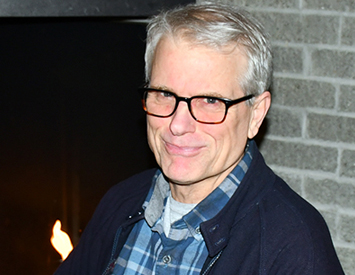
Patrick W Doyle, MD (UBC), MHSc, FRCPC
As many may know, Dr. Patrick Doyle announced his decision to retire in March 2019. During his Medical Microbiology career, he made a profound impact on his colleagues, peers, trainees and patients. Pat’s commitment and dedication to clinical teaching and mentorship as the Medical Microbiology Program Director (2001–2015) enabled our program to be viewed as one of the best in the country.Congratulations on your life’s work, a career in Quality!
Happy Retirement
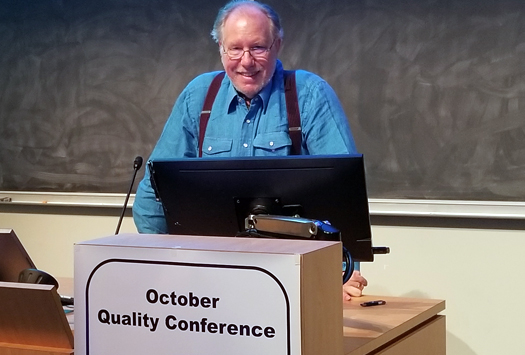
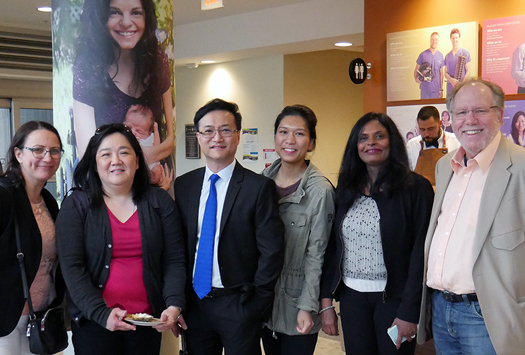
passing of
Dr. Peggy Louise Olive
Focus
on
Global Health
Collaboration

Canada India Network Initiative 2018
Canada India Network Initiative 2018 was the third conference held under the auspicious Canada India Network Society. Though focused on a sub set of South Asian Population, the vision of the conference is global engagement and builds common links between people through health. It is a model of global health and will provide valuable links for building a healthy civil society.Newly
promoted faculty
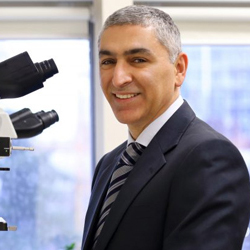
Dr. Alaghehbandan, Reza (Royal Columbian Hospital)
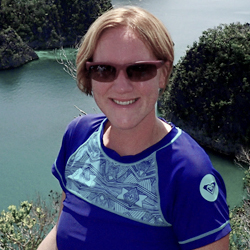
Dr. Wilmer, Amanda (Kelowna General Hospital)
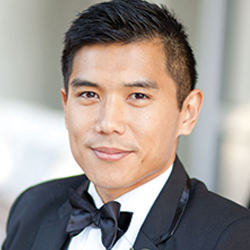
Dr. Gurung, Ananta (Royal Columbian Hospital)
PATHOLOGY
UPCOMING EVENTS
May
24
May
16
CONGRATULATIONS!
They snapped. They wowed. They won!
Congratulations to Audi and Andrew, 2 of the 6 winners the VGH Elevator Photo Contest!
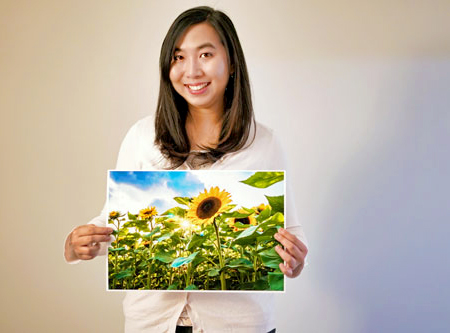
Dr. Audi Setiadi, VGH
"Thank you for choosing my photo to brighten up one of the new VGH elevators. I hope this photo can bring a bit of sunshine to patients and their families whenever they see the picture!"
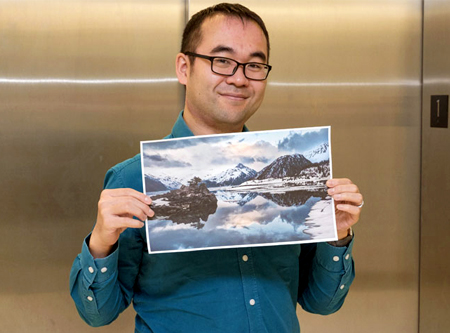
Dr. Andrew Shih, VGH
“I hope this photo will provide at least a brief opportunity to reset for patients who can't access nature at the moment and for healers on the team to do their important work."


